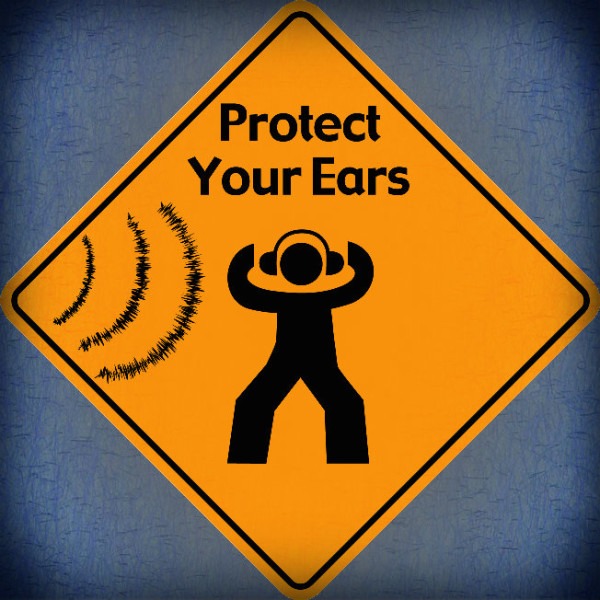You’re Destroying your Ears if you’re Doing This!
Stop exposing yourself to loud noises because you are surely destroying your ears! Many of us don’t realise the harm that can be caused by exposure to noises that are too loud, too close or last too long. Read on to find out how you may be destroying your ears unknowingly!
Sound is measured in units called decibels. The greater the decibels and the nearer you are to the sound, the shorter the time it takes to damage your ears! People who work around aircraft, shooting ranges, sirens, or loud military machinery and equipment are at risk. Even musicians in an orchestra or a band or staff at a nightclub may suffer hearing loss because of their work environment.
There’s more! Many recreational activities produce harmful noise as well! Going to rock concerts or sports events, using a personal listening device at high volume, riding a motorcycle, working with power tools, or going to a bar or nightclub are examples of possible noise hazardous activities.
Don’t Wait, Act Now!
We can’t stress enough how important it is to protect your ears! Hearing loss is fairly common in Singapore especially with our ageing population. But what’s alarming are signs of age-related hearing loss in young people. Once your hearing is damaged, it’s gone for good! As musicians, we need to be pro-active about hearing health. Let’s protect our ears and keep our hearing as sharp as possible.
1. Wear hearing protection
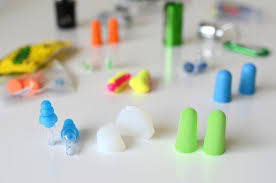
Whether you’re playing drums, rehearsing with other musicians, or at a concert, you should be wearing earplugs. Repeated exposure to loud noises can cause hearing loss. It’s not too late to protect your ears, so consider these options:
A. Foam earplugs: They’re cheap, easy to find, disposable, one size fits most, and effective in most situations.
B. Custom moulded earplugs: Perfectly fitted to your ear canal, and you can choose the ones that only cut out high frequencies while still making it easy to hear everything else.
C. Noise isolating headphones: If you don’t like plugs, you can get noise-reducing over-ear headphones.
2. Turn the volume down!
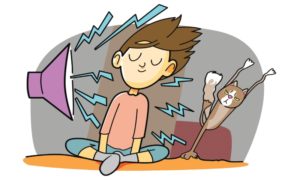
Be loud less often if possible. The World Health Organization estimates that 1.1 billion teenagers and young adults worldwide are at risk for noise-induced hearing loss. All because of the unsafe use of audio devices.
When you listen to music through headphones or earbuds, you can protect your ears by following the 60/60 rule. This means to listen at no more than 60% volume for no more than 60 minutes a day.
Earbuds are especially dangerous, as they fit directly next to the eardrum. If possible, opt for over-the-ear headphones.
3. Give your ears a break

Your ears need time to recover if you are exposed to loud noises for a prolonged period of time, like at a concert or a bar. If you can, step outside for five minutes every so often in order to let them rest.
Research shows that your ears need an average of 16 hours of quiet to recover from one loud night out.
4. Don’t overdose!

Some medications, such as non-steroidal anti-inflammatory drugs like aspirin, ibuprofen and naproxen, can increase the risk of hearing loss. Discuss medications with your doctor if you’re worried that they’ll impact your hearing ability and take them only as directed.
5. Keep active and exercise

It’s true, exercise is good for your ears. Engage in cardio exercises like walking, running, or cycling to get the blood pumping to all parts of your body, including the ears. This helps the ears’ internal parts stay healthy and working to their maximum potential.
6. Manage stress levels
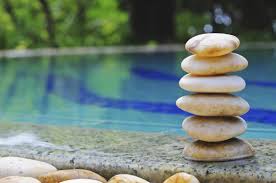
Stress and anxiety have been linked to both temporary and permanent tinnitus (a phantom ringing in the ears). High levels of stress fill your body with adrenaline. It’s commonly thought that this pressure and stress can travel up into your inner ear and contribute to tinnitus symptoms. So chill out often and play your instruments to relieve stress!
7. Get checked
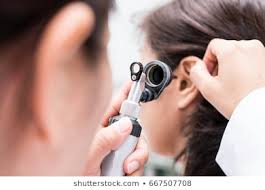
Having trouble hearing especially in group or noisy environments? Then it’s time to get your hearing screened. Take action early to protect your ears because untreated hearing loss detracts from quality of life and is also linked to other health concerns.
